The New World Disorder The New World Disorder is more than a catchy phrase. It is a play on the phrase—The New World Order, a conspiracy theory that suggests the possibility of a takeover of a totalitarian world government. Whether the world we live in is being controlled by some secret conspiracy and whether it is leading to order or disorder is the topic of books and blogs—not this short newsletter. The zeitgeist, however, has us asking the question posed in Aldous Huxley’s Brave New World (along with a host of other authors such as Dostoevsky, Lowry, and Hobbes): Is stability better than freedom? Is the dehumanizing of man in the interests of the world community? There were terrible and unjustified deaths in Syria a decade ago, but nothing like we have seen over the past few years, not to mention the refugee crisis that terrible war has spawned. Some like German author Hans Enzenberger ask, was the old order better?
In the words of author, filmmaker, and zeitgeist observer Tariq Ali, “Three decades ago, with the end of the Cold War and the dismantling of the South American dictatorships, many hoped that the much talked about ‘peace dividend’ promised by President Bushsenior and Prime Minister Thatcher would actually materialize. No such luck. Instead, we have experienced continuous wars, upheavals, intolerance and fundamentalisms of every sort – religious, ethnic and imperial.” How has the zeitgeist responded? It appears, just as Huxley predicted.
Identity and Stability form the core of Aldus Huxley’s world state's motto in his New World books. Of course, “Identity “ in the book means the loss of individual identity—queue the real world paradox of social media’s power to dilute the individual and weaken the connection of people with people. The citizens of Brave New World see the purpose of life as just maintenance of well-being, nothing grander or more meaningful than that. Stability comes at the loss of knowledge, understanding, morals, and spirituality.
Neil Postman suggests in his essay Amusing Ourselves to Death that “entertainment in the society is no more than blinds created by the government to hide the cultural and emotional emptiness.” Huxley explains this phenomenon in Brave New World Revisited, “Non-stop distraction of the most fascinating nature… are deliberately used as instruments of policy, for the purpose of preventing people from paying too much attention to the realities of the social and political situation,” (page 45).
I don’t see this as some masterminded government plan, but simply the zeitgeist reaction to a seemingly unbearable reality. If we aren’t careful, we become only spectators, sacrificing our will and action for a false peace.
John Ashbery’s poem “Soonest Mended” comes to mind,
It was still a shock when, almost a quarter of a century later,
The clarity of the rules dawned on you for the first time.
They were the players, and we who had struggled at the game
Were merely spectators…
President Obama suggests we are witnessing “An assault on all humanity.” President Putin adds ironically, “Instead of democracy, bloodshed and fanaticism had filled the vacuum,” and, “ you never know who is manipulating whom.”
It is like the world is frozen in a 1960’s Television show—you know, that scene right before the commercial break when everyone in the saloon has drawn his six-shooter, holding their breath and hoping Marshall Dillon gets there in time, and Festus peeking up from behind the bar, wondering who will be the first to start shooting. Our world is no longer as simple as the cattle ranchers against the farmers, but ranch against ranch for local watering rights. Regional hegemonies are cropping up like kudzu in Atlanta, with a wistful approach to an almost city-state world reminiscent of the Renaissance period. Regional thugs abound, exacerbating the fractionalization. Russia’s bullied compliance of its sphere of influence in the Ukraine, China’s co-prosperity alliance mixed with manufactured islands in Southeast Asia, Sunni Shia spheres volleying warning shots across each other’s bow, and U.S. presidential candidates starting to sound as illogical as a North Korean speech are now daily occurrences.
The world is crying out for leadership as we muddle along in this trough of disorder. I will be writing more about this in my Meaning Marketplace series--booklet 12, which will be published in August. The question is, what kind of leadership will the New World Disorder select and accept? Another line of John Ashbery’s poem “Soonest Mended” warns, Not too reassuring, as though meaning could be cast aside some day, when it had been outgrown.
Meaning Marketplace Scale: M--Significant meaning 97
In the words of author, filmmaker, and zeitgeist observer Tariq Ali, “Three decades ago, with the end of the Cold War and the dismantling of the South American dictatorships, many hoped that the much talked about ‘peace dividend’ promised by President Bushsenior and Prime Minister Thatcher would actually materialize. No such luck. Instead, we have experienced continuous wars, upheavals, intolerance and fundamentalisms of every sort – religious, ethnic and imperial.” How has the zeitgeist responded? It appears, just as Huxley predicted.
Identity and Stability form the core of Aldus Huxley’s world state's motto in his New World books. Of course, “Identity “ in the book means the loss of individual identity—queue the real world paradox of social media’s power to dilute the individual and weaken the connection of people with people. The citizens of Brave New World see the purpose of life as just maintenance of well-being, nothing grander or more meaningful than that. Stability comes at the loss of knowledge, understanding, morals, and spirituality.
Neil Postman suggests in his essay Amusing Ourselves to Death that “entertainment in the society is no more than blinds created by the government to hide the cultural and emotional emptiness.” Huxley explains this phenomenon in Brave New World Revisited, “Non-stop distraction of the most fascinating nature… are deliberately used as instruments of policy, for the purpose of preventing people from paying too much attention to the realities of the social and political situation,” (page 45).
I don’t see this as some masterminded government plan, but simply the zeitgeist reaction to a seemingly unbearable reality. If we aren’t careful, we become only spectators, sacrificing our will and action for a false peace.
John Ashbery’s poem “Soonest Mended” comes to mind,
It was still a shock when, almost a quarter of a century later,
The clarity of the rules dawned on you for the first time.
They were the players, and we who had struggled at the game
Were merely spectators…
President Obama suggests we are witnessing “An assault on all humanity.” President Putin adds ironically, “Instead of democracy, bloodshed and fanaticism had filled the vacuum,” and, “ you never know who is manipulating whom.”
It is like the world is frozen in a 1960’s Television show—you know, that scene right before the commercial break when everyone in the saloon has drawn his six-shooter, holding their breath and hoping Marshall Dillon gets there in time, and Festus peeking up from behind the bar, wondering who will be the first to start shooting. Our world is no longer as simple as the cattle ranchers against the farmers, but ranch against ranch for local watering rights. Regional hegemonies are cropping up like kudzu in Atlanta, with a wistful approach to an almost city-state world reminiscent of the Renaissance period. Regional thugs abound, exacerbating the fractionalization. Russia’s bullied compliance of its sphere of influence in the Ukraine, China’s co-prosperity alliance mixed with manufactured islands in Southeast Asia, Sunni Shia spheres volleying warning shots across each other’s bow, and U.S. presidential candidates starting to sound as illogical as a North Korean speech are now daily occurrences.
The world is crying out for leadership as we muddle along in this trough of disorder. I will be writing more about this in my Meaning Marketplace series--booklet 12, which will be published in August. The question is, what kind of leadership will the New World Disorder select and accept? Another line of John Ashbery’s poem “Soonest Mended” warns, Not too reassuring, as though meaning could be cast aside some day, when it had been outgrown.
Meaning Marketplace Scale: M--Significant meaning 97
| This was the first time she had noticed how blue his eyes were and in this early morning work, how rosey his cheeks were. She always knew he was handsome, but it had been a handsome like a diamond ring in a Harry Winston display. Out of reach. This morning he felt as reachable as the loaf of bread he was offering her. Authentic and absolutely edible. “Thank you,” she said as she took the proffered loaf. She tried to hand him a twenty dollar bill for the loaf. “Oh, bread before we open in the morning is free,” he said. “Is that a rule?” she asked still holding out the money. “Yes, I just made it up and will probably rescind it tomorrow, but for today, unfortunately, it is the rule,” he said in mock apology. Chinese Circus, Casting Bread chapter 2 Purchase | As some of you already know, I am producing a work of art that parallels the publication of each of my fiction books. I have been thinking lately how much the two go hand-in-hand for me and other author/artists I know. “To practice any art, no matter how well or badly, is a way to make your soul grow. So do it.” — Kurt Vonnegut. I am not a very good painter, but I love putting brush to canvas; not as much as I love putting thoughts on paper, but the act of painting, I believe, has helped my writing. When I am painting, I have learned to keep things free flowing, to resist the urge to perfect one area before moving to the next. As the picture collage above shows, I used to focus on pencil sketches, and moved from that to wood block etching and printing, and then to oil painting. I love the patience required with oils. I also love the ability to paint over and mix colors, right on the canvas. I don’t know what creativity really is. I will leave that to Elizabeth Gilbert to explain (see her TED Talk here). What I do know is, after an hour of painting I feel more rejuvenated than when I started and I have learned to work on the big picture first, set the foundation for the story and worry about the details at a later stage. “The job of the artist is always to deepen the mystery.” — Francis Bacon No matter the story I am writing, there is always a mystery to it. Just like with my painting, my writing takes on a life of its own and I often find myself, almost from the third person perspective, watching the work unfold. It is fantastic entertainment, but it is also deeply meaningful. “I have always tried to hide my efforts and wished my works to have the light joyousness of springtime which never lets anyone suspect the labors it has cost.” — Henri Matisse Writing a book is hard work. Page one is pretty easy, although I know it will be changed twenty times. When I get to the middle of the book, I am holding up the first half in one hand while I write with the other. By the end of the book I am barely able to lift the work with one hand, juggle all the balls in the air with the other and I am reduced to typing with my nose. I would almost rather have my teeth drilled than go through the editing process. I do hope the end product shows none of the sweat and tears, however, and that the reader is refreshed by reading my work as I am on my best painting days. | This month's pass-along tip is a book by an Argentine author, Cristian Perfumo. He is from Comodoro Rivadavia in Patagonia, Argentina. Patagonia is one of my favorite places in the world. Perfumo's books all take place in Patagonia, are based on historical events, and are fiction thrillers. I have only read the first few pages of this book, so I can't vouch for the quality and morality, but he has a 4.5 our of 5 star rating on Goodreads. This is the first of three books he has published. He received his bachelor degree in Argentina, did post graduate work in Spain, got his PhD in Australia and is a professor of Electrical Engineering. I haven't read anything about that slipping into his writing, but he is obviously a smart fellow. This book was originally written in Spanish and the translation is very good--the result of a Kickstarter campaign you can see here. I think I will try his second book in the original Spanish. As I understand the story-line, a high school student in the (real) town of Deseado learns of a (real) British shipwreck 200 years earlier on the rocks at the mouth of the river where his town is located. As a new but enthusiastic SCUBA diver, he decides to investigate, and perhaps locate the wreck. When the retired seaman who provides him with early documentation of the wreck is mysteriously murdered, that sets off a chain of events that the young man and his friends initially pursue and then become the pursued. You can find the English version here. |
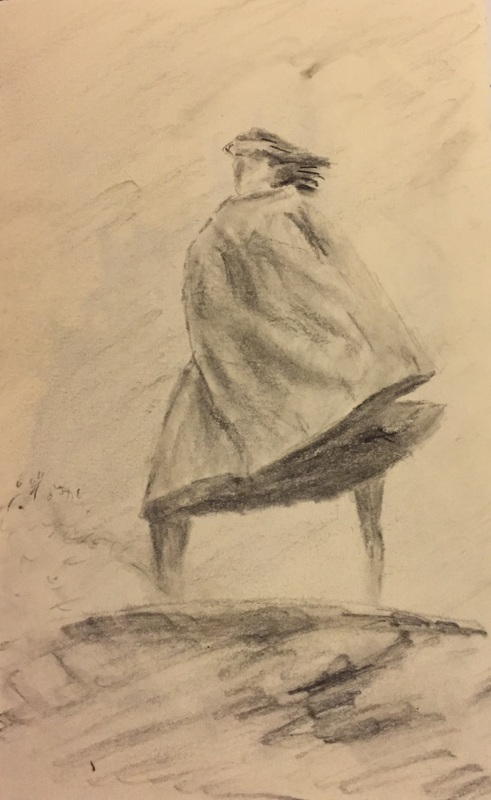
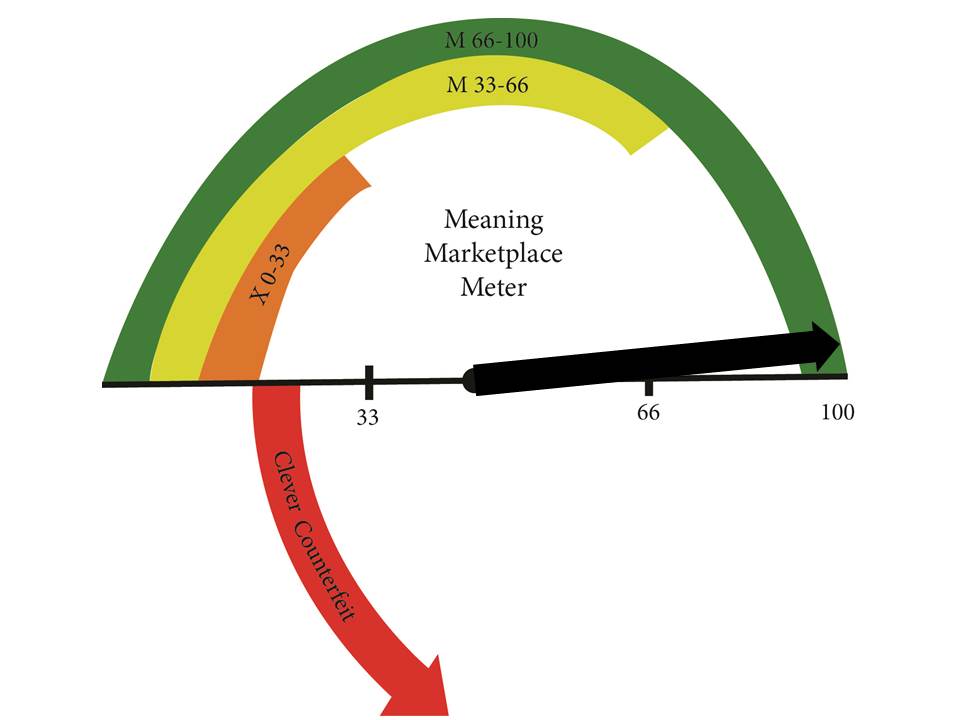
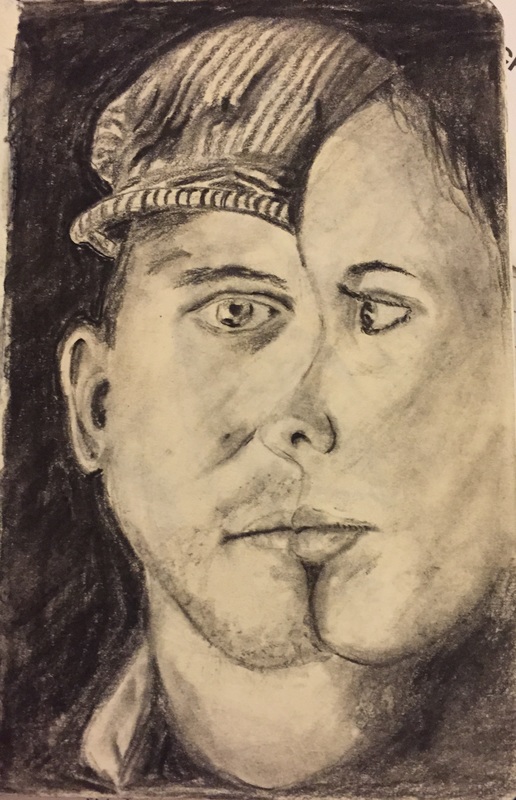
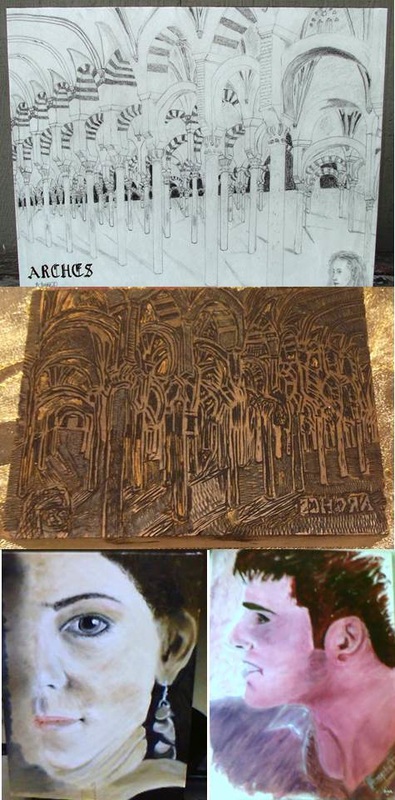
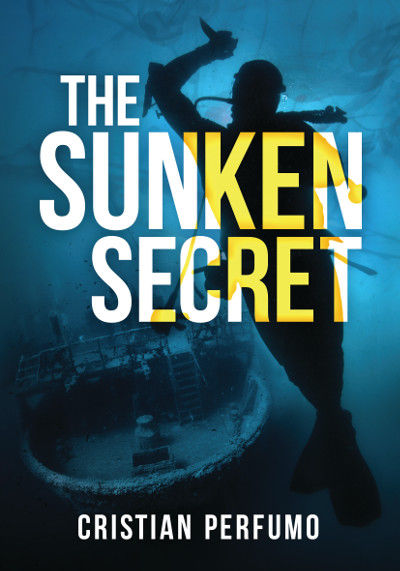
 RSS Feed
RSS Feed